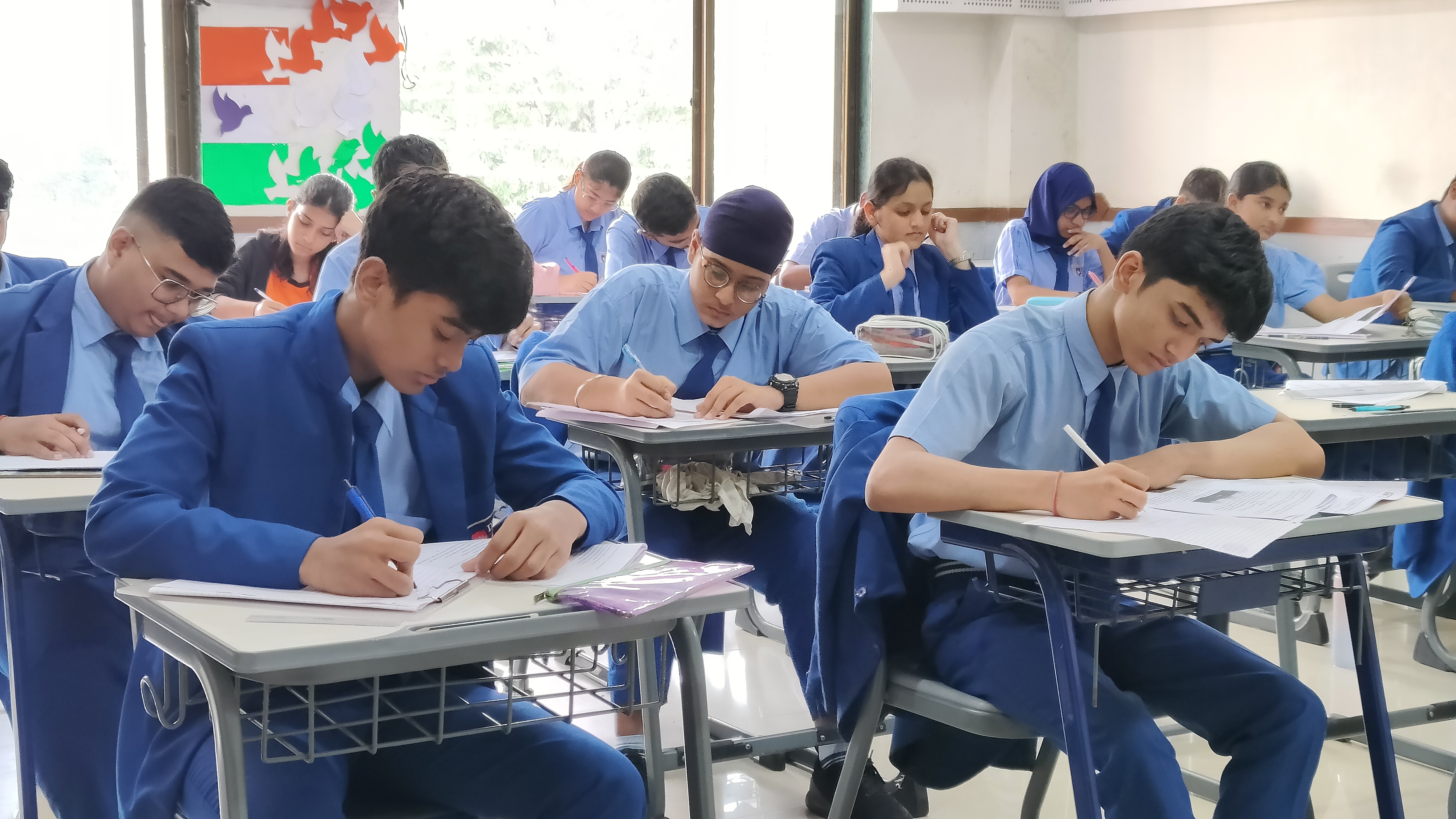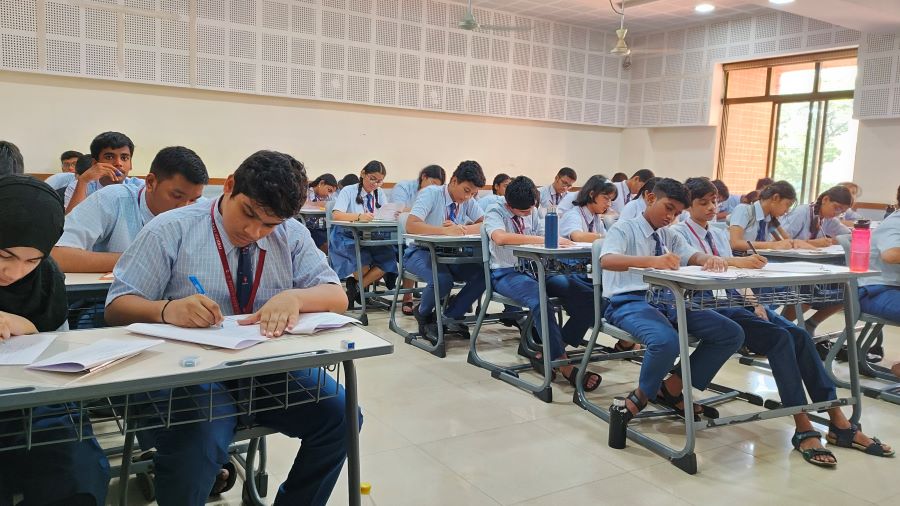By Navneeta Talukdar
While there’s an ongoing discussion about eliminating exams in schools, because of the stress that is created among the learners, it’s essential to consider the substantial advantages provided by tests and exams. For learners, examinations have long been a cornerstone of their educational journey, assessing their knowledge, skills, and commitment to learning, and the scope for further improvement.
Exams and tests can help the parents and educators learn more about the learners’ progress and give a clear visibility about the areas of improvement. As an integral component of the education system,
examinations serve a multifaceted purpose. They not only assess learners’ knowledge, understanding, and skills but also provide crucial direction and focus to otherwise aimless preparation by refining study habits and time management, enhancing retention and application of learned concepts, and preparing them for future academic and professional challenges. Additionally, the pressure and competition that comes from the exams, if taken positively, make the young minds improve better and quicker.

Paying close attention throughout class revision sessions: Learners can take notes or create flowcharts/brain-maps that they can refer to when self-studying. They should make it a habit to go over these notes twice a day, in the morning and at night.
Every day until the test or exam, practising the weaker topics: This will allow the learners to master those topics before the exam.
Creating a study plan: Making a proper and detailed schedule of the studies can help in a strong preparation. Learners should make a timetable for the day and make a plan as per the syllabus. This can help them check their progress and can also save some time for revision.
Time allocation and management: There are certain topics in each subject which hold higher weightage in the exams. Learners must give more attention and time to the important topics and topics in which they are weak. Proper management of time can help them manage their studies effectively and complete the syllabus on time.
Solving sample papers and mock tests: Self-assessment is the most important part of exam preparation. Giving mock tests and solving sample papers can help learners track their performance.
Revising all the topics: Revision is the key to performing well in the exams. Learners should devote at least one hour a day to revision of the topics they have studied previously.
Exams offer more than just an assessment of knowledge; they cultivate valuable life skills such as improvisation, resilience, endurance, and calm thinking in challenging situations. While exams bring pressure and competition, this pressure serves as a powerful motivator, driving the young minds to work harder. Embracing exams as opportunities for growth, is an excellent way to develop mental toughness, a stronger mindset, and the ability to thrive under pressure, ultimately propelling toward greater achievements.Ultimately, our education system, fortified by examinations and assessments, has nurtured geniuses across various fields. Human history is a testament to resilience, thriving through adversity. Embracing challenges with courage and emerging victorious is our hallmark.
Tests and examinations bolster self-confidence, fostering introspection and growth. Rather than stressing, learners should relish the journey of preparation, assessment, and evaluation. By embracing this mindset, we’ll cultivate a future led by empowered individuals, driving humanity toward greatness.




Leave a Reply